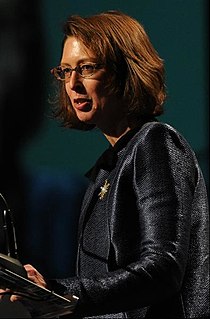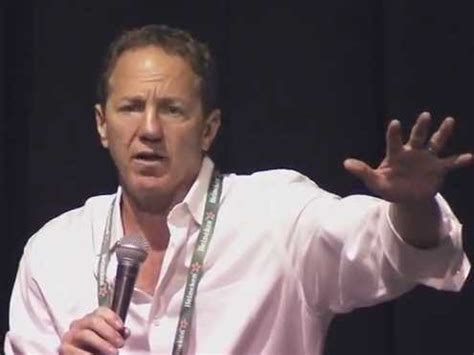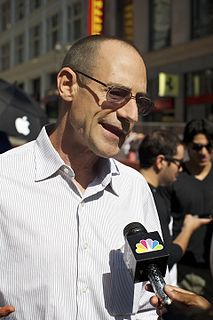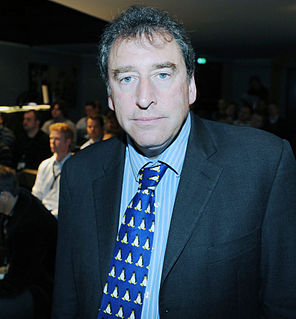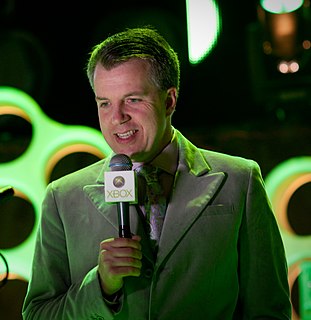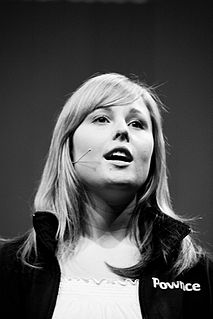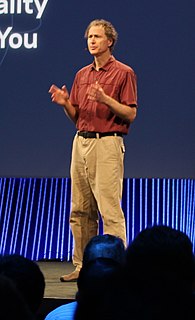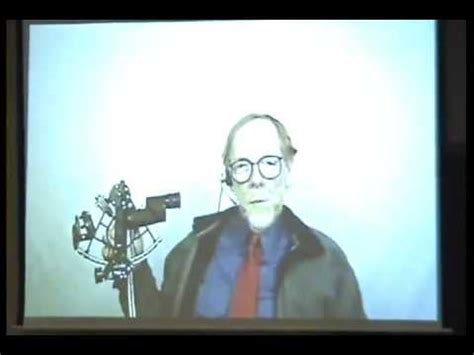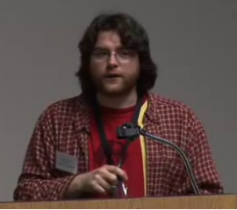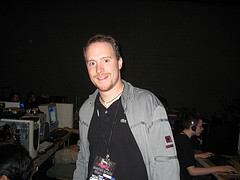A Quote by Erik Naggum
The Internet will not become a money machine until the banking industry figures out how to transfer money for free so you can charge USD 0.005 (half a cent) for some simple service like, say, reading a newspaper article you have searched for. With today's payment system, the cost of the transfer of the funds completely dwarf the cost of the service paid for. ... This situation, however, is what acutely prevents the Internet from taking off as a network for paid services.
Related Quotes
On the Internet, there are an unlimited number of competitors. Anybody with a Flip camera is your competition. What makes it even worse is that YouTube is willing to subsidize the cost of your bandwidth. So anybody can create and distribute for free basically, but the real cost is marketing. And that's always the big cost - how do you stand out and what's the cost of standing out? And there's no limit to that cost.
We paid for this instead of a generation of health insurance, or an alternative energy grid, or a brand-new system of roads and highways. With the $13-plus trillion we are estimated to ultimately spend on the bailouts, we could not only have bought and paid off every single sub-prime mortgage in the country (that would only have cost $1.4 trillion), we could have paid off every remaining mortgage of any kind in this country - and still have had enough money left over to buy a new house for every American who does not already have one.
You want to put out a TV show? If you have the money to do it on your own, by yourself, and you have a TV network, you can do it by yourself. But the nature of the beast is, art needs finance. That's how this industry works. So until the Internet becomes our source of entertainment - and watch it, I believe it will - this is how things go.
The Internet is the first technology since the printing press which could lower the cost of a great education and, in doing so, make that cost-benefit analysis much easier for most students. It could allow American schools to service twice as many students as they do now, and in ways that are both effective and cost-effective.
In the Internet world, both ends essentially pay for access to the Internet system, and so the providers of access get compensated by the users at each end. My big concern is that suddenly access providers want to step in the middle and create a toll road to limit customers' ability to get access to services of their choice even though they have paid for access to the network in the first place.

